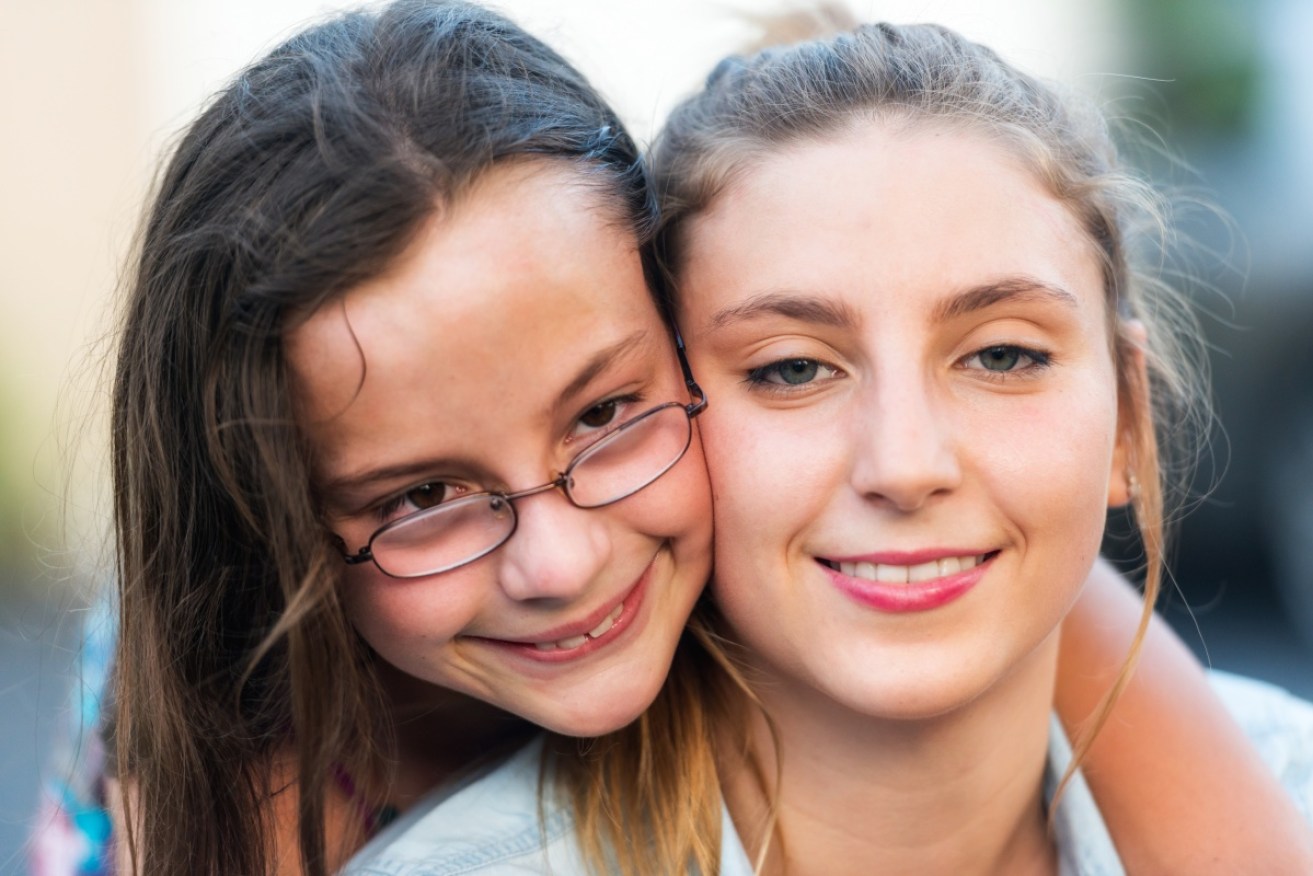What we’re getting wrong about autism


Commonly-held myths about autism are making life even tougher for those who have the condition. Photo: Getty
Outdated myths about what it means to be on the autism spectrum continue to reinforce stigma and lead to feelings of social isolation among the one in 100 Australians affected.
Suggesting that autistic people need to be “cured”, calling it a disease, assuming autistic people don’t want to socialise, and misunderstanding a person’s support needs are just some of the misconceptions that need to be stamped out, Victorian awareness and support group Amaze said.
“It is a silent disability, and … young people can sometimes suffer in silence for many years before they are diagnosed and given the proper supports,” autism psychologist Professor Nicole Rinehart said.
“Children and adolescents with autism and Asperger’s disorder who are cognitively able can suffer greatly at the hand of bullies, or members of the public who misunderstand.”

Children with autism are often bullied or isolated. Photo: Getty
In recent research, Amaze found that 52 per cent of autistic people or their families felt socially isolated, and 41 per cent said they had lost friends as a result of their diagnosis.
Of 1000 autistic people and their families surveyed, almost half reported being shunned, resulting in poor mental health and delaying or avoiding access to services such as the National Disability Insurance Scheme.
Autism is the second highest diagnostic group in the NDIS, representing 28 per cent of diagnoses.
Amaze CEO Fiona Sharkie said the message from autistic people was “clear and simple”.
“They told us that if the broader community had a better understanding of autism, it would have a dramatically positive impact on their life,” she said.
The peak body has developed a new public resource that includes an online quiz to test community knowledge of autism.
Professor Rinehart, an Amaze board member and Deakin Child Study Centre director, said greater awareness was needed of autistic people’s support needs, which could vary by day or week.
“A very common misconception is that if you have high-functioning autism, life is easier than if you have low-functioning autism,” she said. “This is simply not the case across the board.”
Professor Rinehart, who co-developed the AllPlay program for children with disabilities and autism, said she preferred the terms “high support” and “low support” as they recognised the dynamic nature of support needs in autism.
“I recently saw an adolescent girl who has an IQ of 120, brilliant academic scholar, lovely inter-personal skills, wonderful young person, and due to a variety of adjustment difficulties at school and in the community her needs of support were high,” she said.
“Had she not received this level of support and the right intensity that was needed at the time, she was at such high risk that she may have taken her own life. Thanks to the right therapy, education, and changes to her environment, her support needs are now low-medium.”









